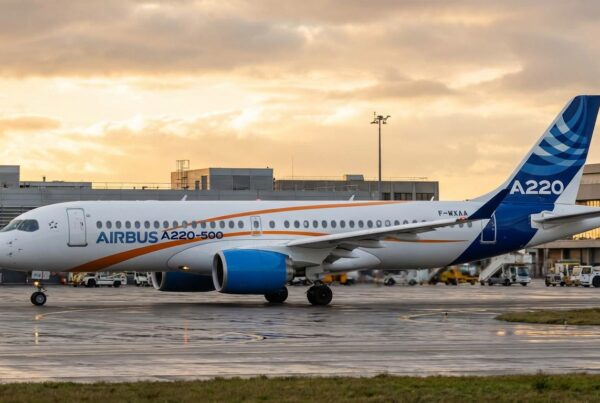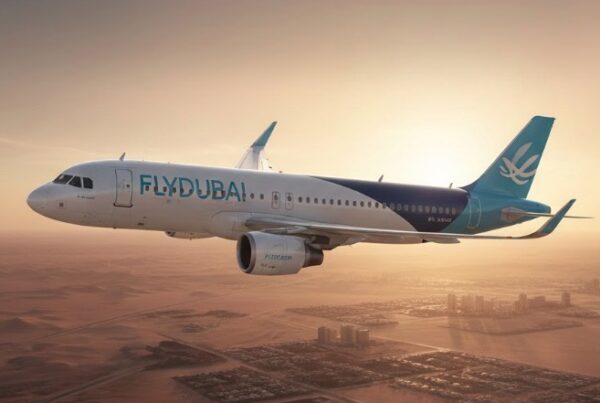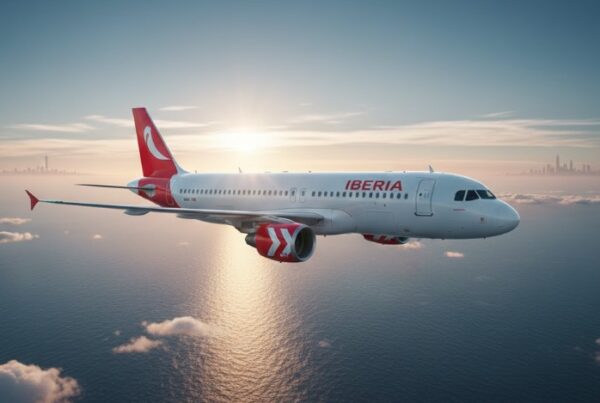Visit Customs duties are the subject of intense debate following recent statements by an Airbus executive proposing to impose additional taxes on Boeing aircraft in retaliation. This measure, aimed at protecting the European aviation industry, is intended to counteract commercial practices deemed unfair. According to this strategy, the aim is to strengthen Airbus' competitiveness while rebalancing international trade relations. As part of an industrial protection drive, this project could bring about lasting changes to trade and stimulate innovation in the aeronautical sector. These proposals are provoking debate among economic players, heightening uncertainty about the future of aeronautical trade.
Against a backdrop of heightened trade tensions, the head of Airbus recently proposed the introduction of taxes on Boeing aircraft. This proposal is part of a retaliatory strategy designed to tip the competitive balance in favor of the European manufacturer. The measure, which is sure to provoke heated debate within the aeronautics industry, raises important questions about trade fairness and the protection of domestic companies.
The proposal comes against an international backdrop of economic and political disputes. Recent studies, such as those presented on the impact of tariffs in the Trump erashow how protectionist measures have changed the dynamics of the global market. By opting for targeted taxes, Airbus hopes to counter subsidy policies and encourage more balanced competition.
This business strategy also stands out for its ability to mobilize industry players around a unified vision. Many experts believe that this initiative could change the rules of the game at international level for good. Moreover, similar cases in other segments, such as the one observed in the trade dispute where Malaysia Airlines sought to acquire rejected aircraft, illustrate the complexity of negotiations in this sector.
In terms of mitigation strategies, some operators have already adopted innovative measures to circumvent customs restrictions. For example, Delta's recent purchase of an A350 aircraft demonstrates a clever approach to navigating these murky waters, as described in detail below. here. These initiatives illustrate how responsiveness and adaptability remain essential assets in an ever-changing competitive environment.
In addition to these economic aspects, the measure envisaged by Airbus could also influence travellers' perceptions. Some debates are turning to the constraints of international travel, where the control of commercial flows is sometimes reflected in practical advice to passengers. For those wishing to better plan their trips, sound advice are available to help you understand the limits of personal effects when traveling internationally.
In a broader context, Airbus' decision is part of a dynamic in which all players are reiterating the importance of fair international regulations. It is also interesting to note that the European manufacturer is campaigning for the reinstatement of customs exemptions, as evidenced by an in-depth analysis on applying for customs exemptions in the context of current tensions.
Customs Duties and Strategic Reactions
| Type of measure | Application of targeted taxes |
| Motivation | Responding to increased competition |
| Origin | Recommendation fromAirbus |
| Target | Aircraft Boeing |
| Economic impact | Possible disruption of the aeronautics market |
| Strategic objective | Strengthening competitiveness and commercial influence |




